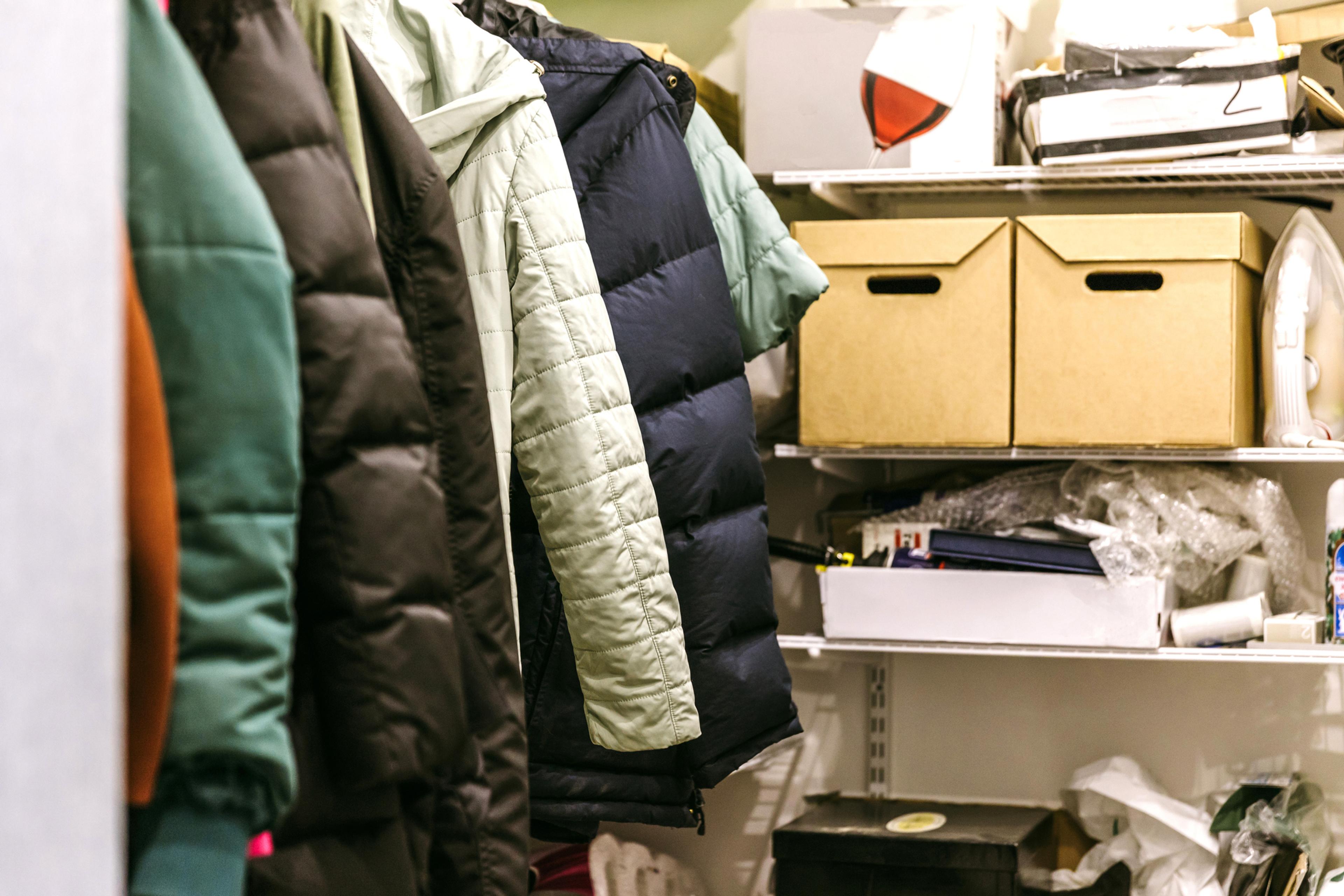The Calming Effect of Decluttering

Debbie Reinheimer
| 3 min read

A handful of years ago, Marie Kondo and her tidying methodology has inspired many to sort through their belongings and declutter.
Ridding yourself of unnecessary things can feel so liberating. On the other hand, the process of decluttering can be overwhelming, time-consuming, and sometimes emotionally charged. Maybe that’s why we procrastinate.
Maybe that’s why we avoid opening that basement storage closet – the one with the garbage bags full of old clothes that might fit again one day, even if they are grossly out of style. And maybe that’s why we delay sorting through the boxes full of grandma’s old kitchen items, or the kids’ old toys and games. These things have emotional value. There’s baggage in our old bags.
Decluttering is harder for people who have a stronger emotional attachment to items. But for others, the clutter itself causes stress and anxiety. For some, the interruption of clutter into their visual field competes with their brain’s attempt to pay attention. In this way, clutter causes mental stress.
It seems as if we are between a rock and a hard place. Clutter causes stress and anxiety. But the act of decluttering also causes stress and anxiety. So, how do we tackle clutter? How do we organize our stuff, especially if we also have to sort through items inherited from our parents, and items our grown children have left behind?
- First, take care of the areas in your house that disrupt or negatively impact your daily routine. Can’t get to your desk because of all the mail and magazines piled on top of it? Can’t get to this season’s clothes because last season’s clothes are overpowering your closet? Handle those areas first.
- Break projects up into smaller pieces and tackle one piece at a time. For example, instead of dreading the ominous task of tidying the entire kitchen, just consider one cupboard or drawer at a time. Piece by piece, everything will get done.
- If you are emotionally attached to the items you are evaluating, don’t touch them. Have someone else hold up the item for you to look at. Once you touch it, it will be harder to part with.
- Make categories, like “Keep-Donate-Scrap” or “Fix-Sell-Purge.” Sort all of your stuff accordingly.
- If it makes you feel bad, let it go. That gift from a former significant other? The dress that hasn’t fit you in 10 years? The files from an old job you hated? Throw them out! Surround yourself with things that make you feel happy or peaceful.
- Finally, prevent clutter from invading your home in the first place. Think before you buy something. Will you really use it? Do you really want it? Or will it just take up space?
Continue reading:
- Detroit-Area Entrepreneurs in the Non-Alcoholic Industry Offer Dry January Steps for Success
- Should I Cold Plunge Before or After a Workout?
- How to Treat Your Weekend Like a Vacation
Photo credit: Getty Images





